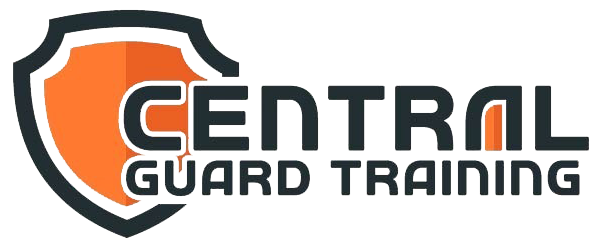
How to Get a Private Investigator License and Find a Job
How to Get a Private Investigator License and Find a Job
If you’re fascinated by the art of investigation and looking for a career that combines intrigue, problem-solving, and independence, becoming a private investigator (PI) might be the perfect path for you. In this blog post, we’ll detail the steps to obtain a private investigator license and offer insights on how to find a job in this exciting field.
Step 1: Understand the Requirements for Licensing
The first step to becoming a private investigator is to understand the requirements in your jurisdiction, as they can vary widely. Here’s a general list of common requirements:
Basic Eligibility Criteria
- Age: Most states require you to be at least 18 or 21 years old.
- Background Check: You typically must pass a criminal background check. Some convictions may disqualify you.
- Residency: Many jurisdictions require you to be a resident of the state in which you plan to work.
Education and Training
- Education: A high school diploma is usually required, but having an associate’s or bachelor’s degree in criminal justice, forensic science, or a related field can be advantageous.
- Training: Completing a state-approved training program is often necessary. These programs cover legal regulations, investigative techniques, and ethics.
Step 2: Complete a Training Program
Even if not required by law, enrolling in a comprehensive training course is a smart move. These programs teach valuable skills needed for the job and may include topics such as:
- Interview techniques
- Surveillance methods
- Report writing
- Understanding privacy laws and regulations
Look for accredited programs that offer both classroom instruction and hands-on experience, as this combination will better prepare you for real-world scenarios.
Step 3: Apply for Your Private Investigator License
Once you’ve completed your training, it’s time to apply for your license. Here’s how to proceed:
Gather Required Documents
- Proof of training completion
- A completed application form (available through your state’s licensing authority)
- A clean background check
- Payment for the application fee (fees vary by state)
Submit Your Application
Most states allow you to submit your application online or via mail. Ensure all information is accurate and that you’ve included all necessary documents to avoid delays.
Step 4: Pass the Licensing Exam
In some states, you must pass a licensing exam after applying. This exam typically covers various topics related to private investigations, including legal issues, ethical considerations, and investigative techniques. Prepare thoroughly by reviewing your training materials and taking practice tests if available.
Step 5: Gain Experience
Finding a job as a private investigator can be competitive, and many employers prefer candidates with experience. Here are several ways to gain the necessary experience:
1. Internships
Consider applying for internships with private investigation firms, law enforcement agencies, or legal firms. This hands-on experience can provide valuable insights into the industry and help you build your network.
2. Entry-Level Positions
Look for entry-level positions such as surveillance investigator or research assistant in private investigation firms. These roles can give you practical experience and help you learn the ropes of the profession.
3. Networking
Attend industry events, workshops, or local PI associations. Building a professional network can lead to job opportunities and mentorship from experienced investigators.
Step 6: Job Search Strategies
Once you’ve acquired the necessary training and experience, it’s time to start your job search. Here are some effective strategies:
1. Prepare Your Resume
Highlight your education, training, and any relevant experience. Tailor your resume for each job application to focus on the skills or qualifications that match the employer’s needs.
2. Utilize Job Boards
Websites such as Indeed, LinkedIn, and industry-specific job boards often have listings for private investigator positions. Set up job alerts to stay informed about openings.
3. Leverage Social Media
Engage with professional groups on platforms like LinkedIn or Facebook. Join discussions, share articles related to private investigation, and connect with industry professionals.
4. Contact PI Firms Directly
Don’t hesitate to reach out to private investigation firms directly, even if they don’t have advertised openings. Send a well-crafted cover letter and resume expressing your interest in potential job opportunities.
Conclusion
Becoming a private investigator can be a rewarding career choice for those with a keen interest in investigation, research, and helping others. By following these steps—understanding the licensing requirements, completing training, applying for your license, gaining experience, and employing effective job search strategies—you’ll be well on your way to a successful career in the field.
If you have any questions or want to share your own experiences in becoming a private investigator, feel free to leave a comment below. Let’s connect and help each other on this exciting journey!



